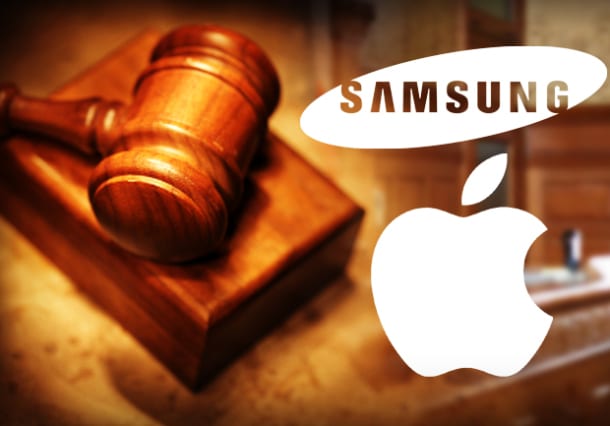Apple Inc. (NASDAQ:AAPL) lost a patent dispute against Samsung Electronics (KRX: 005930) after the United States Court of Appeals for the Federal Circuit in Washington overturned a $119.6 million jury verdict against the South Korean electronics manufacturer.
The court ruled that Samsung did not violate the “quick links” patent of Apple and its two other patents covering the slide-to-unlock and auto correct features of the iPhone were in valid.
In addition, the court also maintained the jury’s verdict that Apple infringed Samsung’s patent on video compression. The iPhone maker has pay $158,400 in damages to the Samsung for infringing its patent.
The decision means the South Korean electronics giant will be able to continue using those features on its smartphone and it does not have to make any changes on its older devices.
The three-judge panel of the Federal Circuit unanimously ruled in favor of Samsung. The Federal Circuit is the top court in the country specializing in patent issues.
Samsung still waiting for Supreme Court ruling on a separate case
For years, Apple and Samsung have been engaged in legal battle over mobile device technology patent. The iPhone maker won most of the patent disputes. In December, the Federal Circuit ordered the South Korean electronics company to pay $548 million in damages to the iPhone maker for infringing its designs and utility patents.
Samsung challenged the $399 million in damages from the $548 million because the award included all of its profits from infringing products.
In its petition, the South Korean electronics manufacturer argued, “A patented design might be the essential feature of a spoon or rug. But the same is not true of smartphones, which contain countless other features that give them remarkable functionality wholly unrelated to their design. Even if the patented features contributed 1% of the value of Samsung’s phones, Apple gets 100% of Samsung’s profits.”
Samsung pointed out that the patented designs were just the rounded edges and the layout of the icons in the iPhone. On the other hand, Apple argued that the look of the iPhone is a major factor in its success and the patented designs were unique.









